My biggest issue with the fitness industry
My biggest issue with the fitness industry is ‘Dogma’. What do I mean by this? Too much of the fitness space is dominated by single, authoritative beliefs presented as ‘facts’. People are often told ‘the best way’ to squat, how they should be training, that there is one single best nutrition approach. I can tell you right now, that is all bollocks.
Just this week, I saw a (very successful) coach and gym owner complaining about how he had to work from home for two days because his daughter was sick. He couldn’t understand why anyone would still be choosing to work from home, as it would inevitably negatively impact their health. This is genuinely one of the most blinkered, worst opinions I have seen in a long time. Since the pandemic, when working from home first became ‘a thing’, we have seen multiple clients actually improve their health, due to the added flexibility WFH gave them - providing them more time in the day to exercise, more time to cook fresh food and eat more nutritiously, simply by removing 2 hours a day of commuting.
At the same time, we had members who couldn’t wait to go back to the office, as they found it provided them more of a routine, as well as more social interaction, which positively affected their health (and remember, health isn’t just about how many visible abs you have). So, despite what this unnamed gym owner would like you to believe, it’s not all black and white. Working from home is not necessarily ‘bad’ for your health.
But seeing this opinion, and his explanation for his opinion, is what spurred me to write this blog. He could not even entertain the idea that different people have different experiences, preferences and brain chemistry that could lead to a different outcome from working from home. No, it was simply a case of ‘why would anyone still want to?’, and ‘it definitely impacts your health negatively.’ If I was one of his clients, who liked working from home, I’d feel pretty crappy reading that.
Now, does that make this guy a bad coach or personal trainer - no, absolutely not. He could be an amazing coach for all I know - empathetic, knowledgeable and caring - but on this subject he is close-minded and dogmatic, which does him and his clients a disservice.
I know that I’ve been guilty of something similar in the past - and possibly will be again in the future - and it’s an easy trap to fall into. Coaches (and people in general) cannot see past their own experiences, and they (wrongly) assume that it must be the same for everyone else. That’s how we end up with so much of the fitness industry being dominated by people telling us ‘the best way’ to do X, Y and Z - regardless of whether it’s factually accurate or not.
And while it might lead to some engagement in the short term - and some people swearing by all of their ‘teachings’ - I do believe these dogmatic approaches will put off more people than they will help in the long run. Anyone who doesn’t fit into the mould - who is unable to adhere to the ‘right way’ of doing things - will end up feeling like they have somehow failed, like they are incapable or inadequate. We have enough of that already.
What we need, in the fitness industry, is more empathy and compassion. We need practitioners who meet their clients halfway, who realise that improvement is more important than perfection. We need to understand that what works for us as individuals does not necessarily work for everyone, and telling people there is only ‘one way’ to do something might be easier in the short-term, but is unlikely to produce a positive outcome in the long run.
There are countless ways that we can produce positive health outcomes and improvements, and while there are certain undeniable facts when it comes to health and fitness (such as a calorie deficit being necessary for weight loss), there is always some nuance to it (innumerable ways to actually create a calorie deficit). Health and fitness, nutrition and exercise - they aren’t binary formulas. They are a wide spectrum of different choices, options and possibilities - nearly all of which could be beneficial, depending on the context.
If we could all be a little bit more open-minded, a touch more empathetic, and a lot more appreciative of the fact that ‘our way’ isn’t necessarily the best way - then I believe we would see a lot more people actually getting the health and fitness results they want.
~Will


